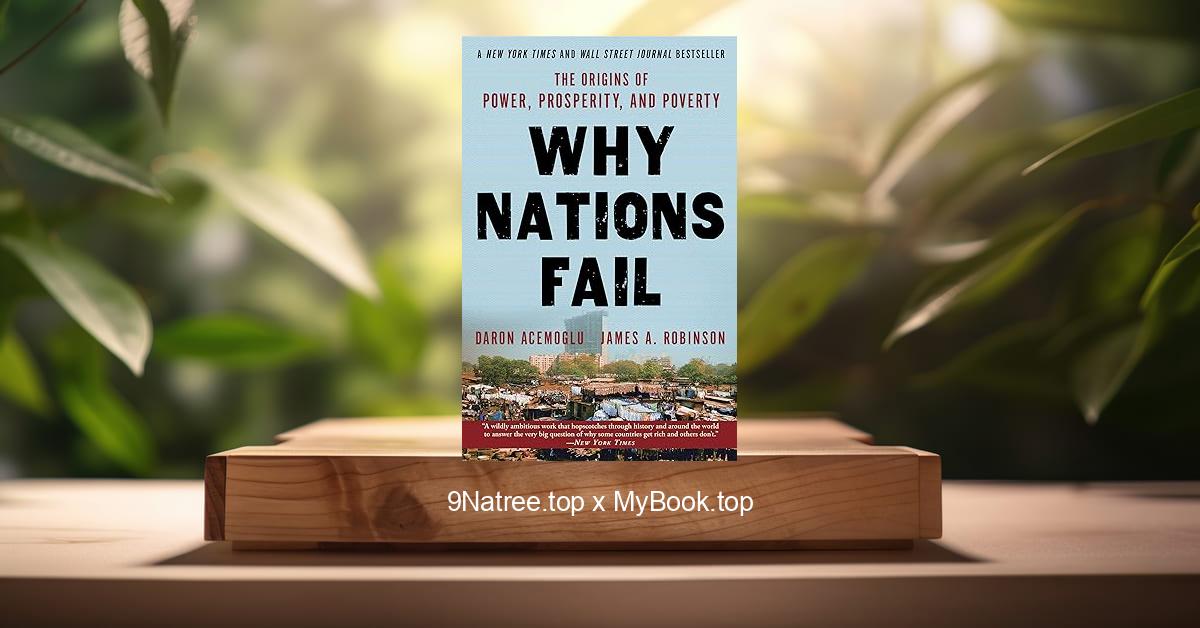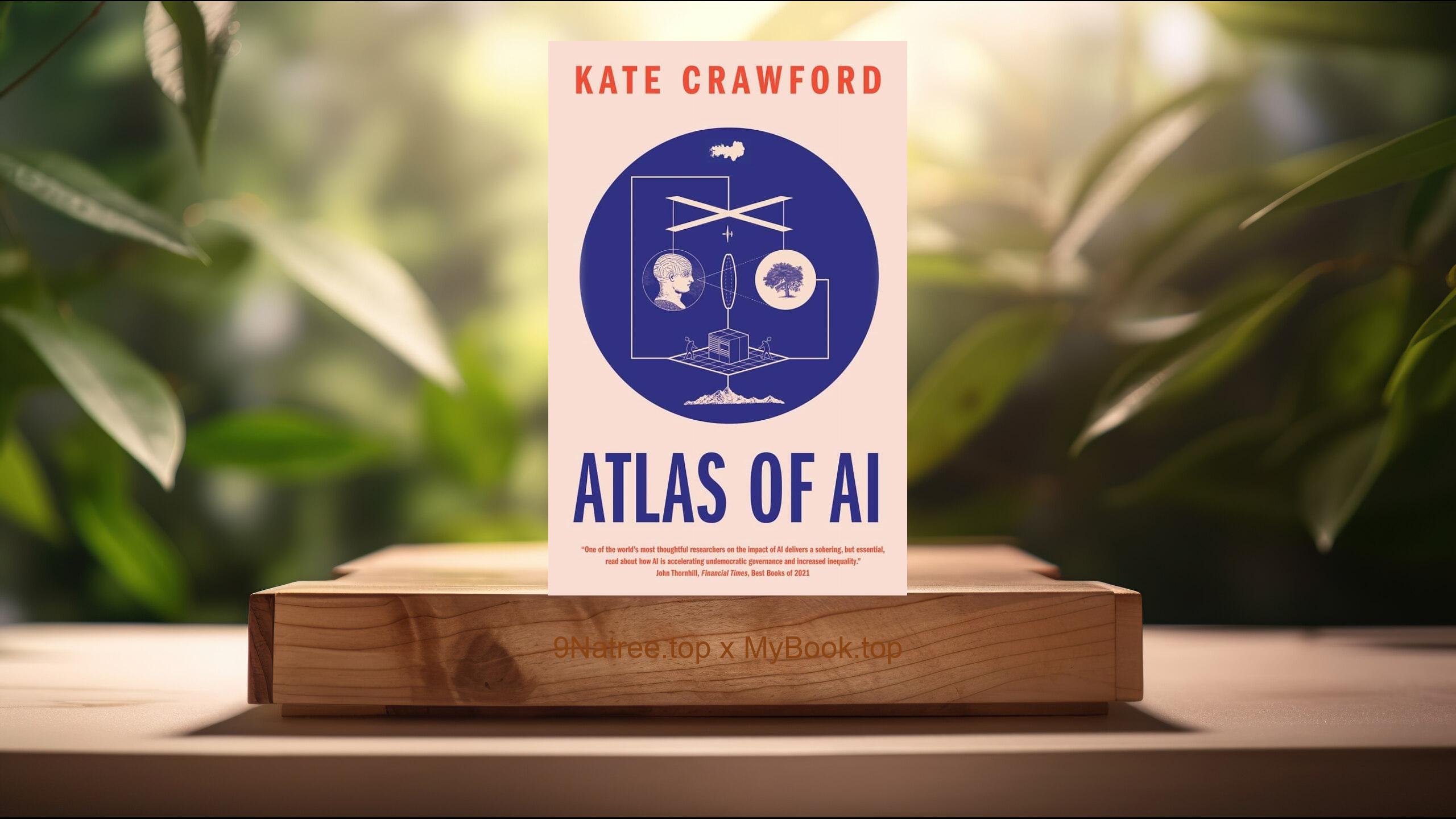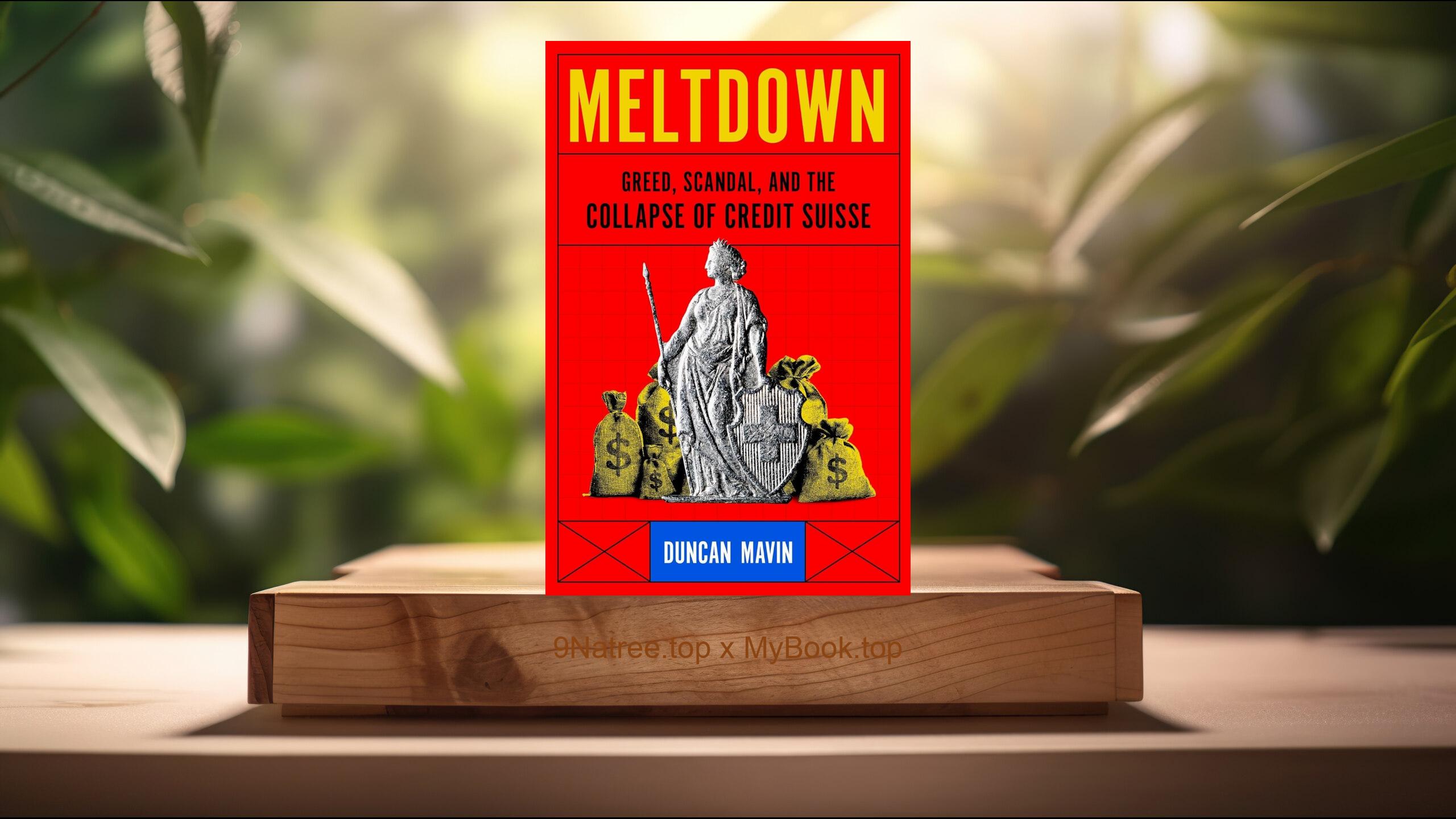Show Notes
Buy on Amazon: https://www.amazon.com/dp/B0873ZP8NG?tag=9natree-20
Read more: https://mybook.top/read/B0873ZP8NG/
#RayDalio #WorldOrder #EconomicCycles #GeopoliticalAnalysis #GlobalPowerShifts #TechnologicalInnovation #DebtCycles
These are takeaways from this book.
Firstly, The Nature of Long-Term Debt Cycles, One of the central concepts Dalio explores is the long-term debt cycle, a fundamental mechanism driving the rise and fall of economic powers. Unlike the short-term business cycle, which lasts roughly 5 to 8 years, long-term debt cycles span 50 to 75 years and culminate in a severe financial crisis. Dalio meticulously argues that these cycles result from accumulated debts reaching unsustainable levels, ultimately requiring significant restructuring. This restructuring comes through either painful adjustments or more drastic measures like debt defaults or currency devaluations. By studying historical patterns, Dalio shows how these debt cycles correlate with major shifts in global power and the changing world order. His analysis warns of the signs to look out for in the late stages of a long-term debt cycle, such as rising income inequality, wealth gaps, and political polarization, which can lead to social unrest and changes in leadership or governmental structures. This concept is crucial for understanding the bigger picture of global economic stability and preparing for potential shifts in the world order.
Secondly, The Role of Technology and Innovation, Dalio postulates that technology and innovation are key drivers of a nation's success or failure, profoundly influencing the global hierarchy of power. He argues that technological breakthroughs contribute to productive boosts, economic growth, and military capabilities, which in turn determine a nation's competitiveness on the global stage. Throughout history, nations that have led in technological innovation often ascend in the world order. Dalio uses examples from the British Industrial Revolution to the rise of the United States as a technological powerhouse, highlighting how technological superiority translated into economic dominance and military might. However, Dalio also warns that this lead can be temporary if countries become complacent or fail to continue investing in research and development. The competition for technological supremacy remains a core aspect of global geopolitical strategies, as seen in the current tensions between the United States and China in areas like artificial intelligence and 5G. Dalio emphasizes the importance of embracing change and fostering innovation to maintain a competitive edge in the constantly evolving world order.
Thirdly, Internal and External Conflicts, Dalio explores the profound impact that both internal and external conflicts have on a nation's stability and its position in the global order. He identifies internal conflicts, such as civil unrest, political instability, and social inequalities, as critical factors that can weaken a nation from within, making it vulnerable to external threats and diminishing its global influence. Dalio analyzes several historical examples where internal strife led to periods of decline or significant restructuring within empires and nations. Furthermore, Dalio examines the role of external conflicts, such as wars, trade disputes, and geopolitical tensions, in redefining relationships between nations and reshaping the world map. He posits that these conflicts can sometimes act as catalysts for change, prompting nations to adapt and emerge stronger, while in other cases, they can lead to a nation's downfall. Understanding the dynamics of these conflicts is essential for predicting potential shifts in power and devising strategies to navigate the changing world order.
Fourthly, The Impact of Geopolitical Shifts on Global Trade, Dalio highlights the significant impact of geopolitical shifts on global trade patterns, emphasizing how changes in political alliances, economic policies, and international relations can drastically alter trade routes and economic fortunes. He points out that the global trade system has historically been shaped by dominant powers, which use their influence to create trade agreements and networks that benefit their economic interests. However, as the world order changes, new powers emerge, challenging the status quo and seeking to reshape global trade in their favor. Dalio cites examples like the rise of China and its Belt and Road Initiative as efforts to establish new trade corridors that bypass traditional Western-dominated routes. He argues that nations must be adaptable and strategic in navigating these shifts, as changes in global trade can have far-reaching effects on economic growth, employment, and the cost of living. For businesses and investors, understanding these dynamics is crucial for making informed decisions in a world where trade tensions and protectionism can suddenly disrupt markets and supply chains.
Lastly, The Control of Reserve Currencies, Dalio delves into the pivotal role of reserve currencies in the global economy and how control over these currencies grants nations significant power and advantages. Reserve currencies, such as the U.S. dollar, are widely used for international trade and as global financial standards, conferring immense economic and strategic benefits to their issuing countries. However, Dalio warns that the dominance of a reserve currency is not permanent and shifts in economic power can lead to changes in which currencies hold this coveted status. He examines historical shifts in reserve currencies, from the British pound to the U.S. dollar, and anticipates potential contenders that could challenge the dollar's dominance in the future, such as the Chinese yuan. Dalio's analysis underscores the importance of economic policies, trade balances, and confidence in the stability of a nation's currency as key factors determining the success and longevity of a reserve currency. The competition for reserve currency status is closely intertwined with geopolitical strategies and the changing world order, with significant implications for global financial stability and power dynamics.
In conclusion, Ray Dalio's 'Principles for Dealing with the Changing World Order: Why Nations Succeed or Fail' is an essential read for policymakers, business leaders, investors, and anyone interested in understanding the complex forces shaping our world. Dalio’s insights into the cyclical nature of history, paired with an analysis of current global trends, provide a valuable framework for anticipating and adapting to the upcoming shifts in the global power structure. His principles for navigating change are applicable not only at the level of nations but also for individuals and organizations seeking to thrive in an increasingly volatile and complex world. By drawing lessons from history and applying them to today’s challenges, readers can discern patterns and make more informed decisions for the future. This book is particularly relevant in a time of significant technological, economic, and geopolitical changes, offering a clearer understanding of why nations succeed or fail and how to position oneself advantageously in the changing world order.
![[Review] Principles for Dealing with the Changing World Order: Why Nations Succeed or Fail (Ray Dalio) Summarized](https://episodes.castos.com/660078c6833215-59505987/images/1699852/c1a-085k3-dd776n0vs2v5-kxtvci.jpg)




